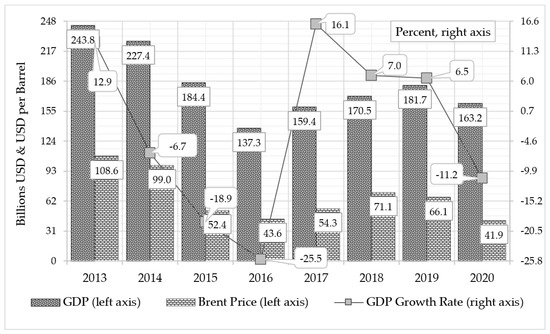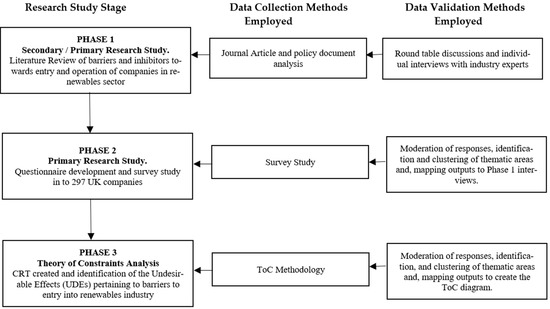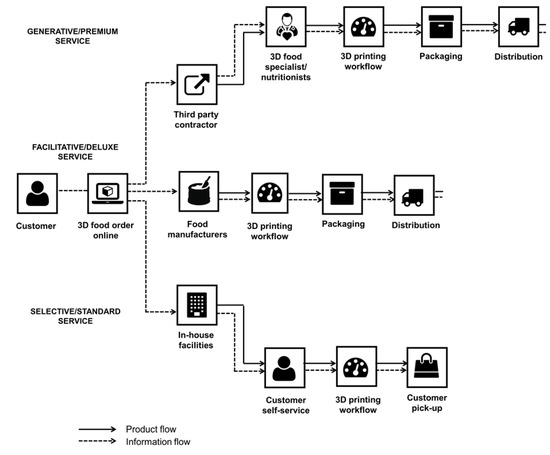Supply Chain Innovability: Combining Innovation and Sustainability for the Future of Supply Chains
A topical collection in Sustainability (ISSN 2071-1050).
Viewed by 12129Editors
Interests: supply management; sustainable supply chain management; purchasing management
Interests: innovation management; strategic management; technology strategy;
Topical Collection Information
Dear Colleagues,
Innovation and sustainability are by far the two most important priorities for any organization wishing to thrive in these uncertain and fast-changing times [1]. These two priorities are so closely intertwined that the term “innovability” has been coined to indicate an organization’s capability to innovate in a sustainable way and to leverage sustainability as a source of innovation [2]. The aim of this Special Issue is to encourage theoretical and empirical research at the interconnection between innovation and sustainability in supply chain management, an area in need of further theoretical and empirical inquiry.
Why does this Special Issue focus sustainability at the supply chain level? For many years, the literature has shown that an effective sustainability plan cannot be pursued only at the company level, as firms operate in interconnected ecosystems, with a portion of the value dispersed among a complex network of suppliers, partners, and distributors [3]. Thereby, sustainability needs to be understood, studied and practiced at the supply chain level, so that sustainable strategies and practices are designed and deployed along the entire network, hence multiplying their effects on society at large [4].
One of the reasons why sustainability is ranked among the top strategic priorities for any organization today lies in its close interconnection with innovation [5]. Improving the sustainability footprint of an organization and its supply chain requires innovations to be conceived, designed and implemented. For instance, examples of adoption of blockchains technology to improve sustainability are investigated by companies to improve sustainable performance through digital innovation [6]. More generally, sustainability is often an important source of innovation. Indeed, sustainability provides a trigger for the process of innovation, new product development, targeting unmet customer and market needs, innovating the meaning of existing products and services, and introducing new technologies to enable broader transformations, to name just a few examples.
Although the interconnections between innovation and sustainability have been widely studied at the company level, very limited research exists that addresses this topic at the level of the supply chain [7].
This Special Issue encourages theoretical and empirical submissions that will hopefully contribute to filling this gap, by studying why, how, and under which conditions sustainable supply chain management can be enabled or can trigger innovations at the company and at the supply chain level. We welcome contributions that focus on different types of innovations, such as product innovation, process innovation, organizational innovation and digital innovation. We invite both theoretical and empirical papers which address the “innovability” challenge in supply chain management in any industry and geographical context. We especially welcome papers that provide evidence of real-world applications of sustainability strategies and practices and their complex interconnections with innovation processes and outcomes.
References
- Nidumolu, R., Prahalad, C.K., & Rangaswami, M.R. (). Why sustainability is now the key driver of innovation. Harvard business review, 2009, 87(9), 56-64.
- De la Vega Hernández, I.M., & de Paula, L.B. (2020). Scientific mapping on the convergence of innovation and sustainability (innovability): 1990–2018., Kybernetes, 2020. https://doi.org/10.1108/K-05-2020-0328.
- Seuring, S., & M. Müller. From a Literature Review to a Conceptual Framework for Sustainable Supply Chain Management. Journal of Cleaner Production, 2008, 16(15), 1699–1710.
- Seuring, S., & M. Goldbach. Managing Sustainability Performance in the Textile Chain. Sustainable Performance and Business Competitiveness, 2005, 465–477.
- Zhu, Q., J. Sarkis, & Lai K. H. Green Supply Chain Management Innovation Diffusion and its Relationship to Organizational Improvement: An Ecological Modernization Perspective. Journal of Engineering and Technology Management, 2012, 29(1),168–185.
- Rejeb, A., & Rejeb, K. Blockchain and supply chain sustainability. LogForum, 2020, 16(3), 363-372.
- Tebaldi, L., Bigliardi, B., & Bottani, E. (). Sustainable supply chain and innovation: A review of the recent literature. Sustainability, 2018, 10(11), 39–46.
Dr. Antonella Moretto
Prof. Antonio Messeni Petruzzelli
Prof. Dr. Federico Frattini
Guest Editors
Manuscript Submission Information
Manuscripts should be submitted online at www.mdpi.com by registering and logging in to this website. Once you are registered, click here to go to the submission form. Manuscripts can be submitted until the deadline. All submissions that pass pre-check are peer-reviewed. Accepted papers will be published continuously in the journal (as soon as accepted) and will be listed together on the collection website. Research articles, review articles as well as short communications are invited. For planned papers, a title and short abstract (about 100 words) can be sent to the Editorial Office for announcement on this website.
Submitted manuscripts should not have been published previously, nor be under consideration for publication elsewhere (except conference proceedings papers). All manuscripts are thoroughly refereed through a single-blind peer-review process. A guide for authors and other relevant information for submission of manuscripts is available on the Instructions for Authors page. Sustainability is an international peer-reviewed open access semimonthly journal published by MDPI.
Please visit the Instructions for Authors page before submitting a manuscript. The Article Processing Charge (APC) for publication in this open access journal is 2400 CHF (Swiss Francs). Submitted papers should be well formatted and use good English. Authors may use MDPI's English editing service prior to publication or during author revisions.
Keywords
- sustainable development
- sustainable supply chain management
- sustainable purchasing
- sustainable logistics
- sustainable supply chain innovation
- innovation performance
- innovatibility
- product innovation
- process innovation
- digital innovation
- organizational innovation








